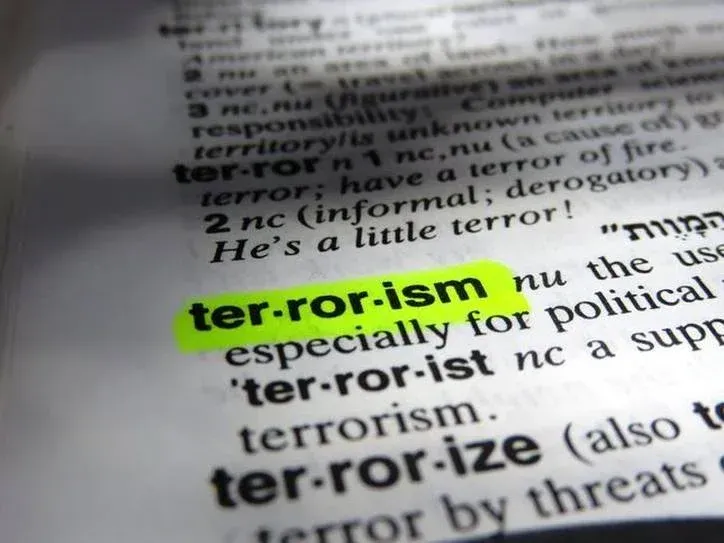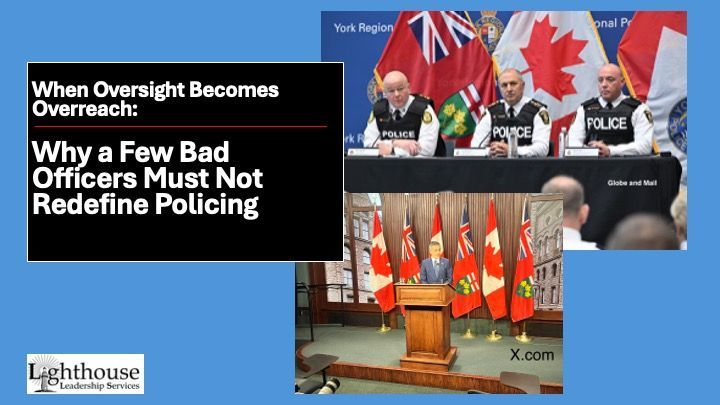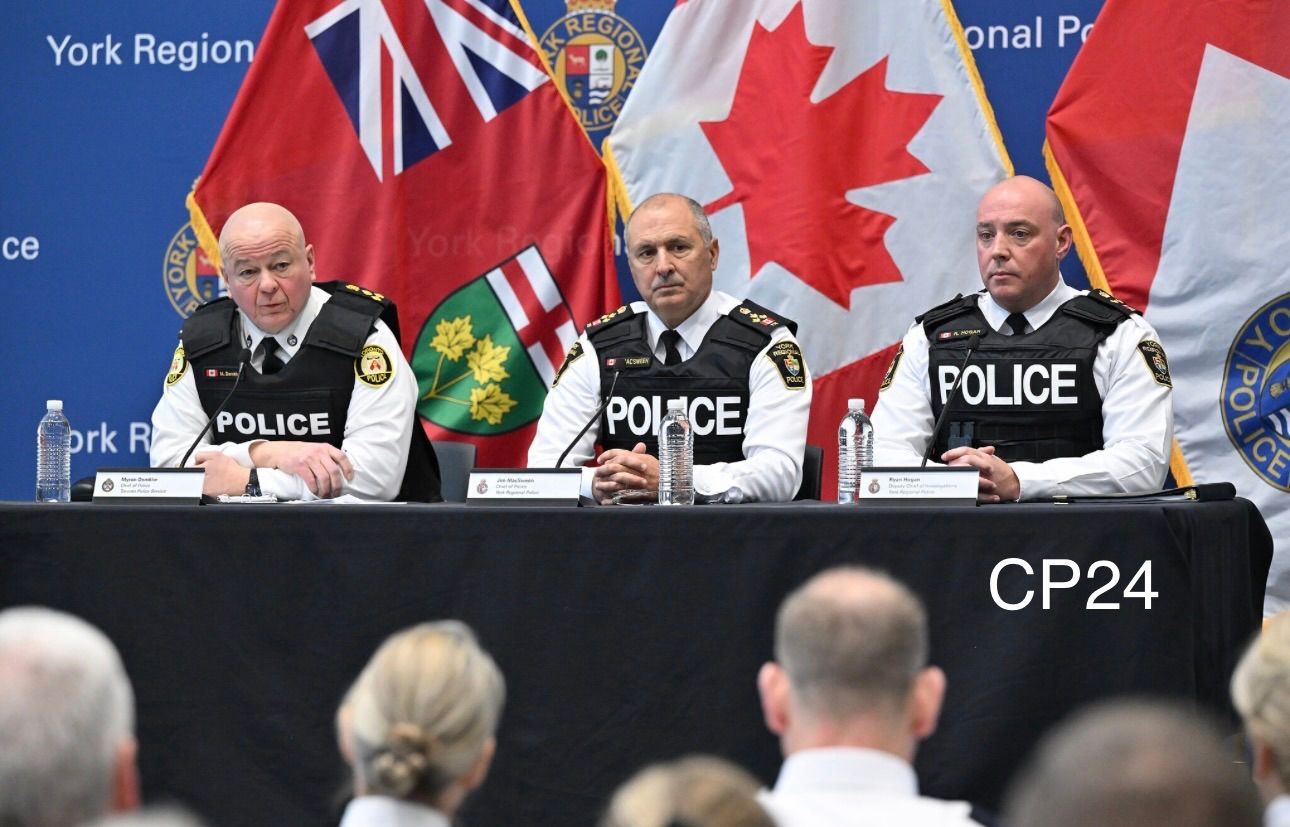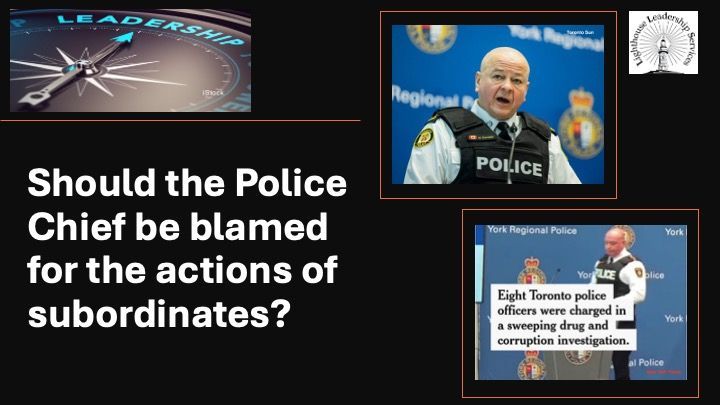New Paragraph

Sadly, awful things continue to happen in society – 24/7, around the world. Tragic, violent events that unfairly take the lives of innocent people and forever destroy the lives of families, friends, witnesses and responding agencies, do take place. Although terrible, they are seldom ‘terrorist’ acts, however. They are often criminal acts like murders and mass shootings – sometimes for no other reason than evil, retribution or insanity. They include horrific car crashes that happen because of carelessness, impairment or a physical or mental health issue. At other times spectacular fires and explosions occur through design or construction flaws, train derailments, electrical mishaps or gas leaks. And yes, occasionally a number of these events are intentional acts for a variety of motives – but are not perpetrated by extremists.
But more often than not, when these tragedies do occur, the fallback assumption by the public is ‘terrorism’. I believe we tend to use the term way too broadly.
The Criminal Code of Canada, at section 83.01 defines terrorism as:
“An act committed “in whole or in part for a political, religious or ideological purpose, objective or cause” with the intention of intimidating the public…“with regard to its security, including its economic security, or compelling a person, a government or a domestic or an international organization to do or to refrain from doing any act.””
Thankfully, by definition, so far that has only happened a handful of times in our country’s history, with very few fatalities.
What is behind the tendency for people to try and fit awful events into a little a little box entitled terrorism? Does it help people to better accept such tragedies by labelling them with that category or does that classification create unneeded fear and anxiety among the masses?
My good friend and colleague, career intelligence analyst and now terrorism author, Phil Gurski, describes it like this: “We have had ‘terrorism on the brain’ since 9/11 and many go right to the ‘it must be terrorism’ button when they hear of an event like this.” (Niagara Falls Rainbow Bridge explosion)
I’ve been in arguments with people from all walks of life when they’ve described murders and other violent acts as being ‘terrorism’ and I took an opposing view. I certainly do not claim to be an expert on anything in life, but I often have an informed opinion, and some become quite indignant when I disagree with theirs.
When a violent may be the act by terrorists, investigative responsibility, command and control changes, from local or provincial police to the RCMP, but all those agencies still have a role to play in the mitigation and investigation. Federal assets (including the military), different laws and authorities may kick in as well as the potential penalties for those ultimately convicted. But normally police do not require those additional resources or far-reaching powers and authorities during day-to-day domestic criminal investigations and trial processes.
The bottom line is that murder is still a criminal act, it’s just the motive behind it that changes. Most of the investigative procedures and protocols remain fundamental, but terrorism ignites national and international interest; brings in intelligence and security organizations that may otherwise not be involved; and creates the possibility of similar attacks occurring simultaneously or perhaps very soon.
Some readers may ask: “Who cares?”
There are two ways of looking at the scenario of using the term terrorism too broadly:
1. People can end up being so unnecessarily stressed out that it affects their feelings of vulnerability, enjoyment of life and their mental health; and/or
2. Calling everything terrorism may create a feeling of “here we go again” whenever people hear the word. My fear is that hearing it regularly will make the word become so routine, that if and when real terrorist events occur people will simply roll their eyes and not listen to authorities or take the suggested precautions.
We always say in policing, “Treat every death as a homicide until proven differently.” Similarly, erring on the side of caution when responding to potential terrorist acts and investigations is the right thing to do.
When law enforcement ‘treats’ an event as an act of terror until proven otherwise it makes complete sense. They can reclassify it when they know more and then command, control and investigative responsibility can return to local officials.
But let’s only call it what it is when experts tell us what it is and how we need to respond, and not draw the worst possible conclusions every time a bad thing happens.




